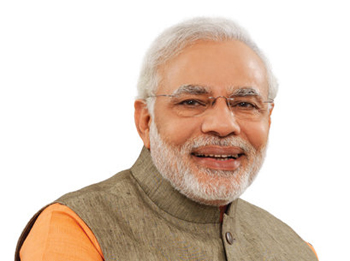By Express News Service (November 3, 2015 ) – Less than a year ago, Prime Minister Narendra Modi’s Neighbourhood First policy was being hailed as a radical new breakthrough. It is clear now, to even the most incorrigible optimists, that the product hasn’t delivered on its billing. Nepal’s relations with India have sunk to a historic low, with what is perceived as an informal but state-backed blockade incensing large swathes of the country. India has watched from the sidelines as the Maldives prepares to jump into the abyss. Facing a serious threat from jihadist terrorism, the government has instead expended its energies on imprisoning much of the opposition leadership, prosecuting one vice president on charges of trying to assassinate the president, impeaching another, removing two defence ministers, and throwing out two Supreme Court judges.
The Modi government has dismantled what it sees as PM Manmohan Singh’s flawed policies on Pakistan, but the contours of what it intends to put in its place are still unknown. Bangladesh continues to complain of the lack of counter-terrorism cooperation from West Bengal, among other things. Ties with Sri Lanka, though cordial, haven’t shown any exceptional energy or direction. Myanmar, outraged by India’s decision to go public with a cross-border raid earlier this year, has been assuaged — but there’s no great push on economic ties or strategic cooperation.
The lesson in this is a simple one. For all of Modi’s high-energy performances on the international stage, his foreign policy still lacks a script. For the most part, the PM has been content to allow foreign policy bureaucrats to continue down the path of their predecessors. In other cases, he has demanded change — but is yet to articulate what alternate course he wishes to take. In some cases, like Nepal, policy seems to have become hostage to special interests, like Hindutva politicians with interests in Bihar.
Put simply, the Neighbourhood First policy hasn’t shaken India out of the torpor that characterised the last years of the UPA government. Manmohan Singh’s diminished political authority meant his Sri Lanka policy was hostage to parochial politics in Tamil Nadu, and that he was unable to block West Bengal Chief Minister Mamata Banerjee’s successful campaign to sabotage relations with Bangladesh. Manmohan Singh was unable, moreover, to reframe India’s policy after the collapse of General Pervez Musharraf’s regime, with whom he had made real progress. There’s no disputing that Modi brought new energy to these problems. Energy, though, isn’t policy.
This news has been originally published in The Indian Express on 3 Nov 2015.


